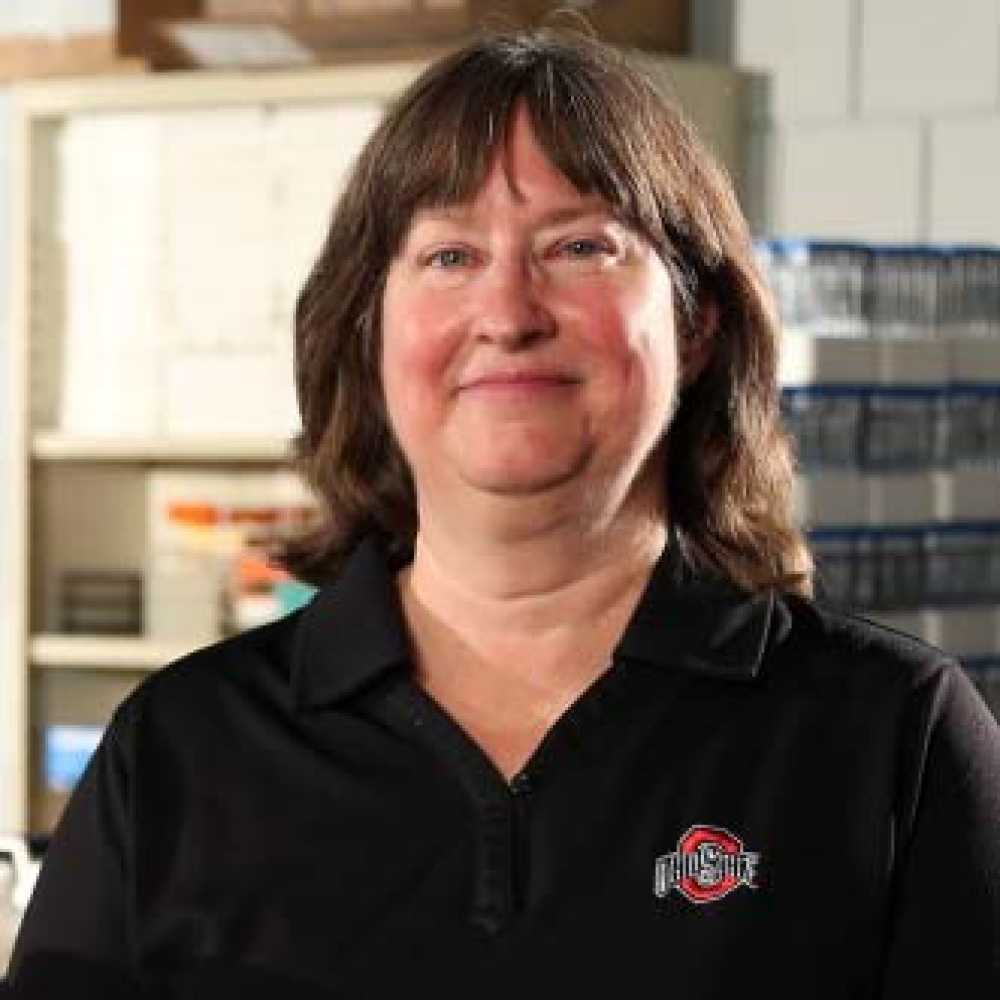
Libby Dayton
Soil Scientist at the Ohio State University
As a soil scientist, I work with soil as a growing media for crops/plants and as a filter media to bind nutrients and contaminants. I develop soil blends for horticulture and landscapers from “soil-like” municipal/industrial byproducts such as Lake Erie dredge material, spent foundry sands, compost or municipal biosolids. I do a lot of work with agricultural fertility and the risk of agricultural nutrient runoff.
What is the benefit of collaboration between industry and education?
As a major research university we may have ongoing experiments, equipment, or personnel that may be of interest or assistance to teachers and students. We are willing to share but often need guidance from teachers as to what is needed and how to translate what we have/do to the appropriate grade level.
What value/assistance can you and your company provide to teachers and classrooms as they connect with you?
We would be willing to provide field trips/lab experiences/course materials/equipment (i.e. reagents, instruments, labware etc.) as appropriate. We also may be able to run lab analyses to provide data for class projects. We have an extensive lab and routinely make many measures for soil water and plant tissue samples.
Why should teachers connect with you through GrowNextGen?
We have a lot of interesting projects going on, a lot of expertise, a well equipped laboratory and a willingness to share.
How can farmers help with runoff and water quality problems? Listen to this research scientist talk about this issue.
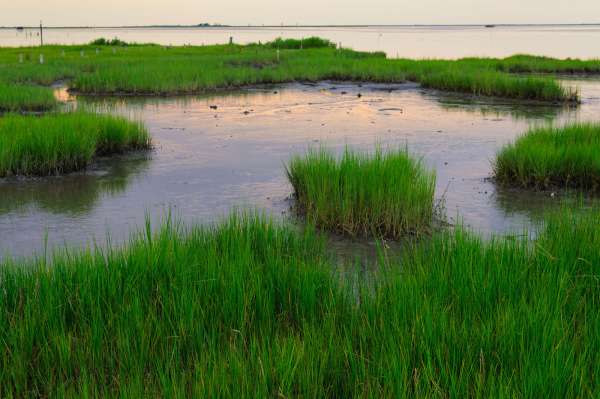
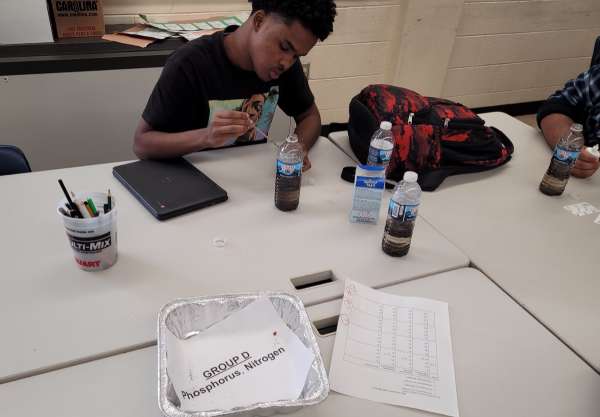
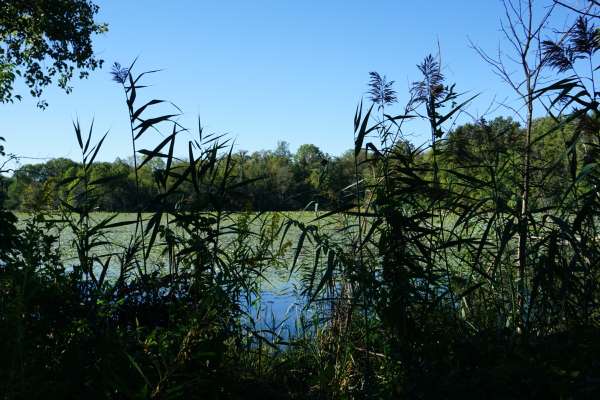
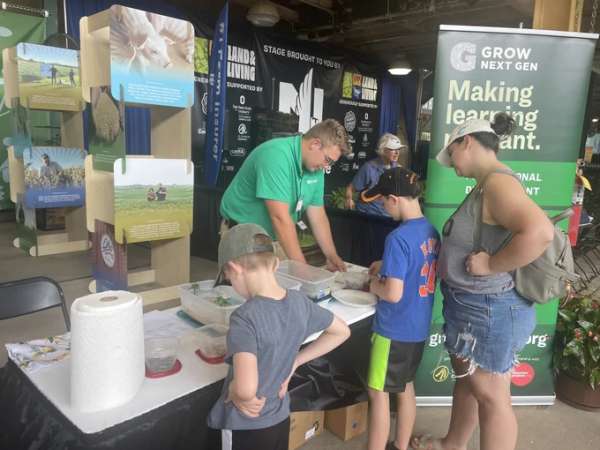
Share this